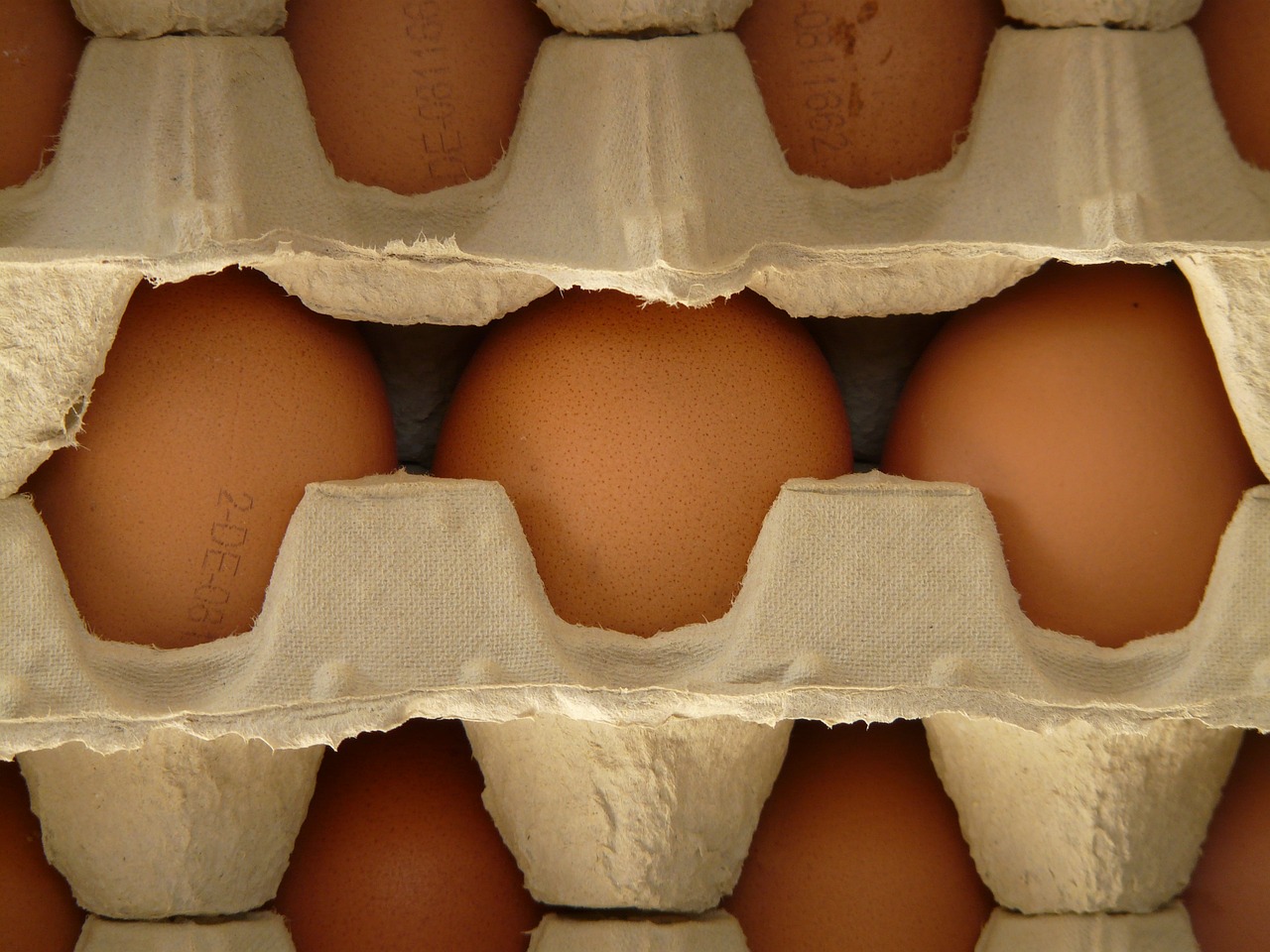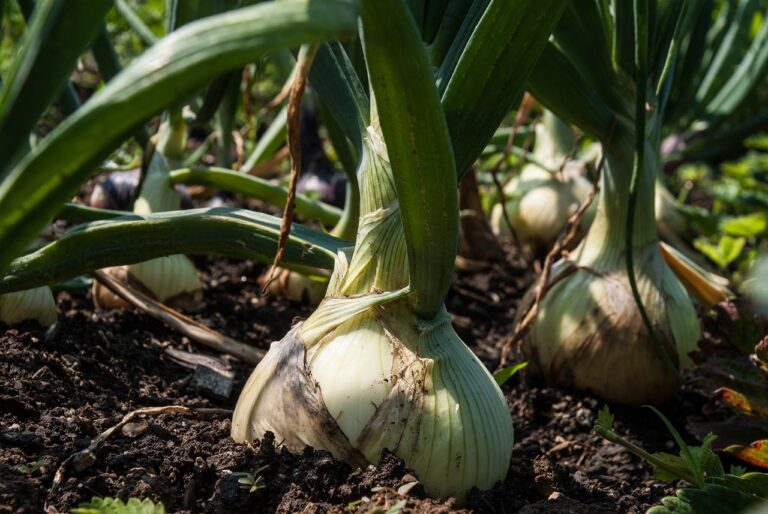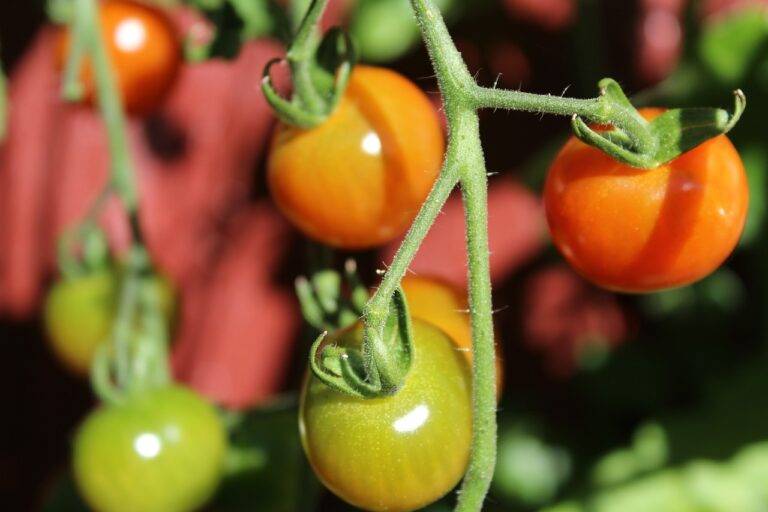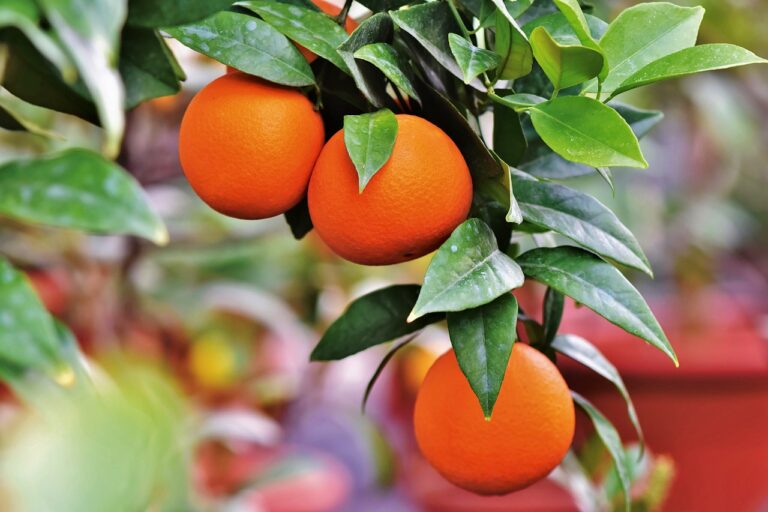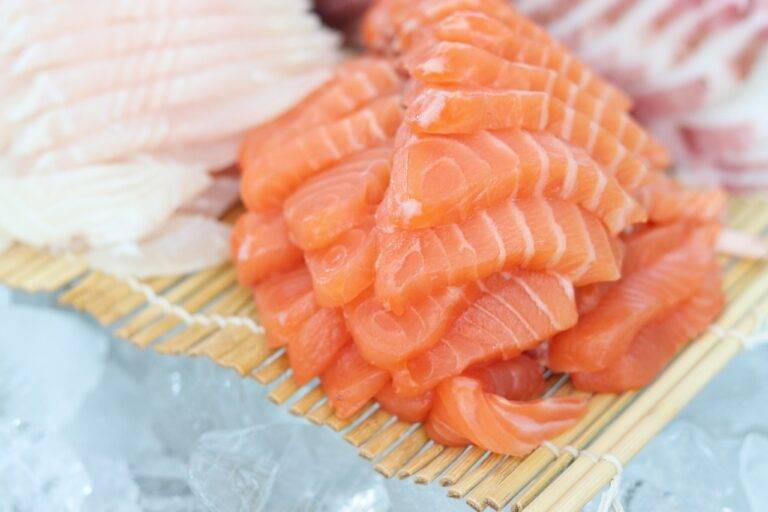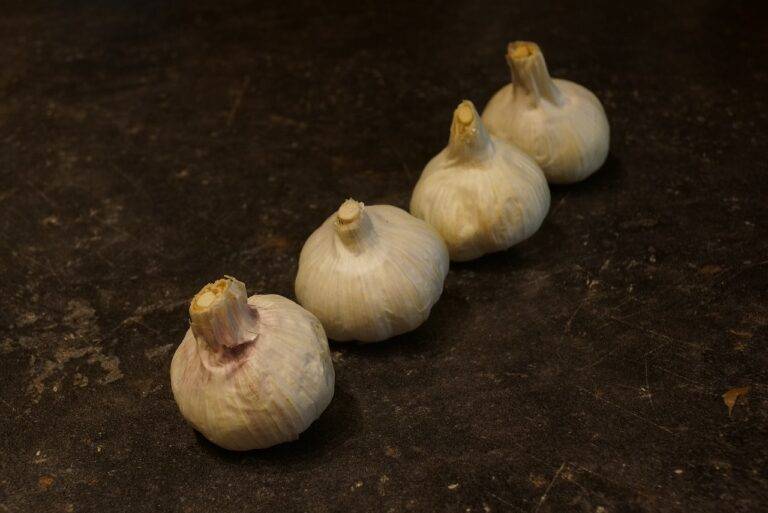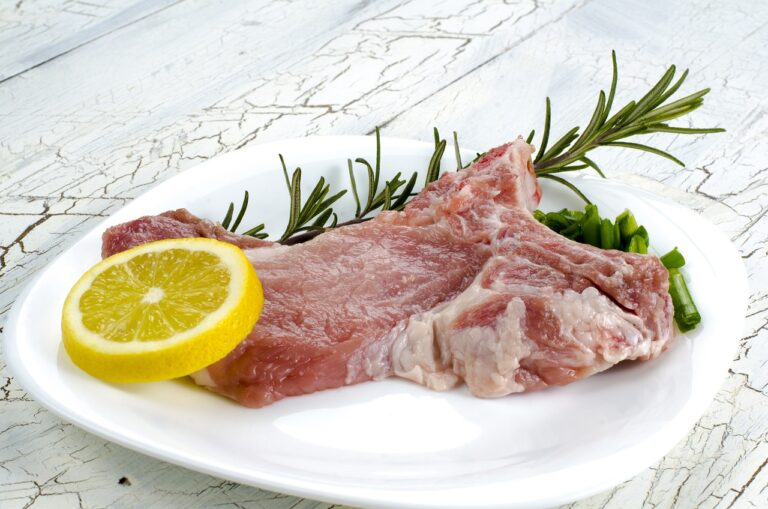The Importance of Seed Saving and Heirloom Varieties: Betbhai9 whatsapp number, Play exch.in, Lotus365.win new id
betbhai9 whatsapp number, play exch.in, lotus365.win new id: Seed saving and heirloom varieties are essential components of sustainable agriculture and biodiversity preservation. In a world where monoculture farming has become the norm, the importance of preserving heirloom seeds and traditional plant varieties cannot be overstated. In this article, we will explore why seed saving and heirloom varieties are crucial for the future of our food supply and the environment.
Why Seed Saving Matters
Seed saving is the practice of collecting and storing seeds from plants that have grown in a specific region or climate. By saving seeds, farmers and gardeners can ensure a continuous supply of plants that are well-adapted to their local conditions. This not only helps to preserve genetic diversity but also promotes resilience in the face of environmental challenges such as climate change.
One of the key benefits of seed saving is the preservation of heirloom varieties. Heirloom seeds are open-pollinated varieties that have been passed down through generations. These seeds are often prized for their unique flavors, colors, and growth habits. By saving heirloom seeds, we can ensure that these treasured varieties are not lost to the homogenizing forces of industrial agriculture.
In addition to preserving genetic diversity, seed saving also plays a crucial role in food security. As climate change continues to disrupt traditional farming practices, the ability to grow crops that are well-suited to local conditions will become increasingly important. By saving seeds from plants that have thrived in specific environments, farmers can build resilience in their food systems and ensure a stable food supply for future generations.
The Threat of Industrial Agriculture
The rise of industrial agriculture has led to the widespread adoption of genetically modified (GM) crops and patented seed varieties. These crops are often engineered for high yields and resistance to pests and diseases. While these traits can be beneficial in the short term, they come at a cost to genetic diversity and long-term sustainability.
One of the main criticisms of GM crops is their lack of genetic diversity. By relying on a limited number of patented seed varieties, farmers are vulnerable to crop failures and disease outbreaks. In contrast, heirloom varieties offer a rich tapestry of genetic traits that can help crops adapt to changing conditions and resist evolving threats.
Furthermore, the dominance of GM crops in the market has led to the erosion of traditional farming practices and knowledge. As farmers become increasingly reliant on patented seeds and chemical inputs, they lose the skills and expertise needed to save and exchange seeds. This loss of seed-saving knowledge not only threatens biodiversity but also undermines the resilience of our food systems.
The Role of Heirloom Varieties
Heirloom varieties play a crucial role in preserving agricultural heritage and cultural traditions. These plants are often deeply rooted in the history of a particular region or community, carrying with them the stories and memories of generations past. By saving and growing heirloom varieties, we can honor the legacy of our ancestors and celebrate the diversity of our agricultural heritage.
Furthermore, heirloom varieties are prized for their unique flavors and culinary qualities. Many heirloom fruits and vegetables have been preserved for their exceptional taste and nutritional value, offering a delicious alternative to the bland and uniform produce found in supermarkets. By supporting heirloom varieties, we can savor the rich diversity of our food traditions and enjoy a more vibrant and flavorsome diet.
In addition to their culinary appeal, heirloom varieties also play a vital role in ecosystem preservation. Many heirloom plants are well-adapted to local conditions, providing habitat and food for a wide range of pollinators and beneficial insects. By cultivating heirloom varieties in our gardens and farms, we can create thriving ecosystems that support biodiversity and contribute to the health of our planet.
The Importance of Seed Saving
Seed saving is a simple yet powerful act that anyone can undertake to support biodiversity and sustainability. By saving seeds from our favorite plants and sharing them with others, we can help to preserve heirloom varieties and promote genetic diversity in our food supply. Whether you are a seasoned gardener or a novice grower, seed saving is a rewarding practice that can enrich your connection to the natural world and contribute to a more resilient and vibrant food system.
In conclusion, seed saving and heirloom varieties are essential components of sustainable agriculture and biodiversity preservation. By saving seeds from heirloom plants, we can ensure the continued existence of treasured varieties and promote genetic diversity in our food supply. Whether you are a backyard gardener or a commercial farmer, seed saving is a powerful tool that can help to build resilience in our food systems and support the health of our planet. So let’s celebrate the diversity of our agricultural heritage and join together to protect the seeds of our future.
FAQs
Q: What is the difference between heirloom and hybrid seeds?
A: Heirloom seeds are open-pollinated varieties that have been passed down through generations, while hybrid seeds are the result of crossbreeding two different parent plants. Heirloom seeds tend to have more genetic diversity and unique characteristics, while hybrid seeds are often bred for specific traits such as disease resistance or uniformity.
Q: How can I start saving seeds in my garden?
A: Seed saving is a simple process that anyone can undertake in their garden. Start by selecting healthy, mature plants and allowing them to fully ripen before harvesting the seeds. Remove the seeds from the plants and dry them thoroughly before storing them in a cool, dry place. Be sure to label your seeds and store them in airtight containers to maintain their viability.
Q: Can I save seeds from store-bought produce?
A: While it is possible to save seeds from store-bought produce, it is not always recommended. Many commercial fruits and vegetables are hybrid varieties that may not produce true-to-type offspring. For best results, source heirloom seeds from reputable suppliers or fellow gardeners who have saved seeds from their own plants.
Q: How can I support seed saving initiatives in my community?
A: There are many ways to support seed saving initiatives in your community. Consider joining a local seed exchange or seed library to share seeds with fellow gardeners and learn more about different plant varieties. You can also volunteer with organizations that promote seed saving and biodiversity conservation or donate to seed-saving projects that are working to protect heirloom varieties.
Q: What role do seed banks play in preserving genetic diversity?
A: Seed banks are vital repositories of genetic material from a wide range of plant species. These facilities store seeds under controlled conditions to ensure their long-term viability and protect them from threats such as climate change and habitat loss. Seed banks play a crucial role in preserving genetic diversity and safeguarding the future of our food supply.

